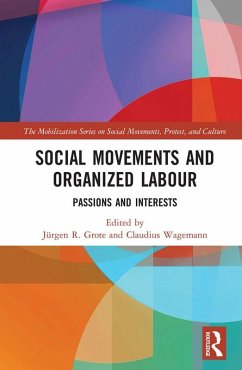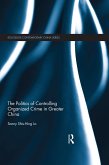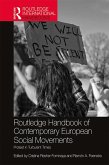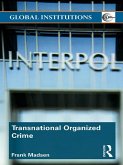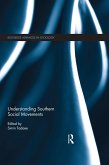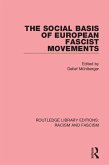This book explores the building of alliances and joint activities between two groups of social movement actors. Offering both theoretical and empirical accounts of the political, social and economic catalysts behind joint collective action, the authors focus on the actors themselves, who transcend clear-cut social camps. The book examines the values and motives of actors, as well as the structural and strategic properties of inter-organizational relations and networks, thus offering a fresh account of the incompatibilities and commonalities of movements and unions, and of the prospects that exist for inter-organizational learning.
Dieser Download kann aus rechtlichen Gründen nur mit Rechnungsadresse in A, B, BG, CY, CZ, D, DK, EW, E, FIN, F, GR, HR, H, IRL, I, LT, L, LR, M, NL, PL, P, R, S, SLO, SK ausgeliefert werden.
Hinweis: Dieser Artikel kann nur an eine deutsche Lieferadresse ausgeliefert werden.

